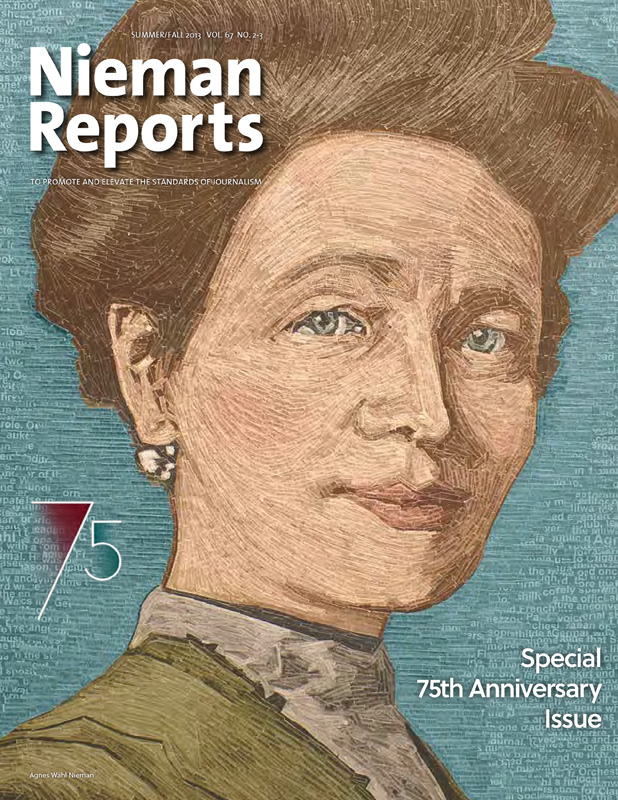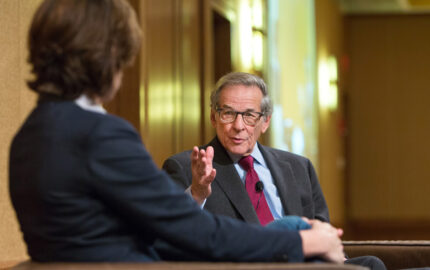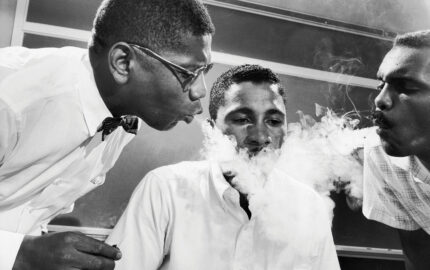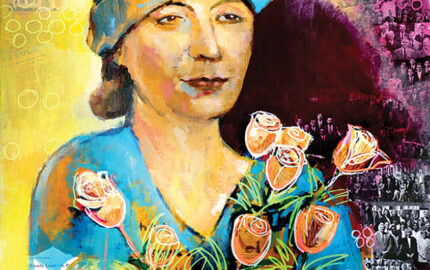Lederer (1912–2010), best known for co-authoring “The Ugly American,” arrived at Harvard a career Naval officer and public relations specialist
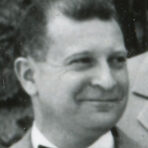
I mentioned to sociology professor [Samuel A.] Stouffer that USA propaganda methods were extremely successful for home consumption, but absolute flops for international persuasion. How could I track this down? He suggested that perhaps I should study the methods which already have been successful—and steered me on to the organization of the Roman Catholic Church. Professor [of government] Carl J. Friedrich showed me how to find current examples of where American propaganda had broken down. Psychology professor [Gordon W. ] Allport indicated other source material.
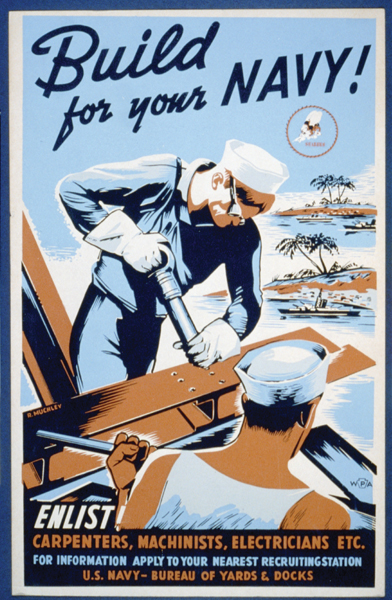 It seemed to me, at first, that I was getting the brush-off. But after submerging myself in Widener Library for a couple of weeks, information began busting all over the place like a Kansas tornado. There was more material on propaganda techniques than I could ever assimilate in one year. I learned that the professors were teachers, not fact storehouses, and that their methods worked if the student had a serious interest.
It seemed to me, at first, that I was getting the brush-off. But after submerging myself in Widener Library for a couple of weeks, information began busting all over the place like a Kansas tornado. There was more material on propaganda techniques than I could ever assimilate in one year. I learned that the professors were teachers, not fact storehouses, and that their methods worked if the student had a serious interest.
Later—when I knew more about my subject—the profs began giving me long hours. They discussed my theories with me and instructed me how to appraise their validity. As the word got around that I was studying (instead of just talking), people began bringing papers they had written or suggesting others who had experiences pertinent to informational strategy. During the last six months, I made an intensive study of Catholic, Russian and Nazi propaganda methods. It would require two more years and a couple of translators to do a scholarly job. I found that the Catholics, Russians and Nazis operated with the same basic technique. Using it as a measuring stick, I appraised Navy public relations for one month. I found it ineffective. Between the professors and Widener, the knowledge is up here. But you have to shake it out for yourself.
From Lederer’s 1951 end-of-Fellowship report to the Nieman Foundation
